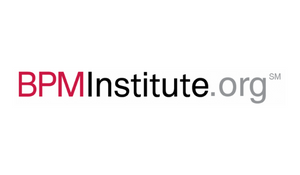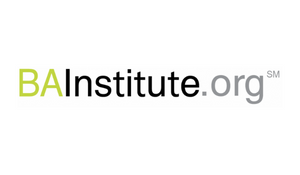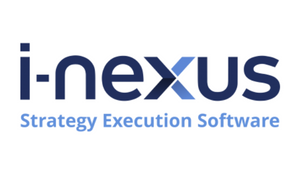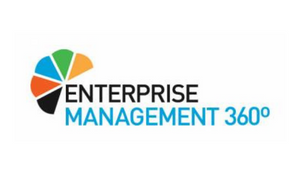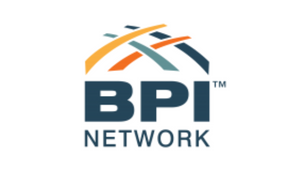






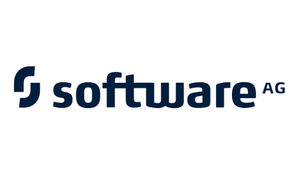

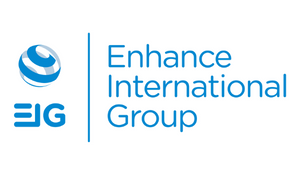
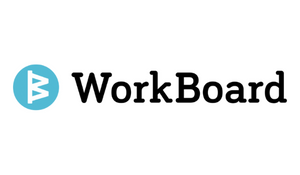



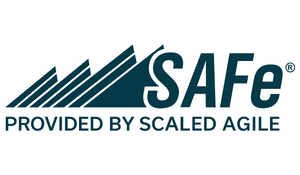

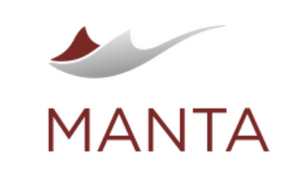
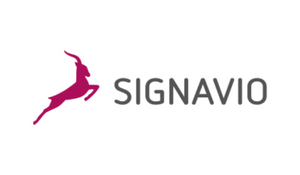









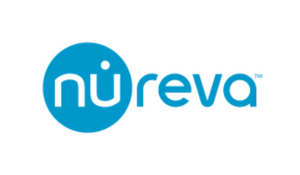
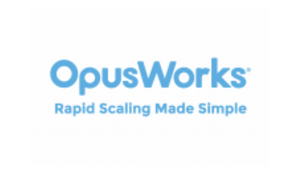

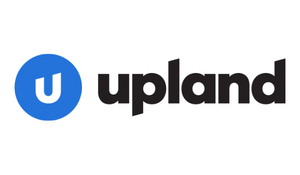

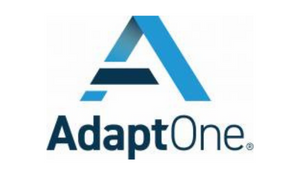
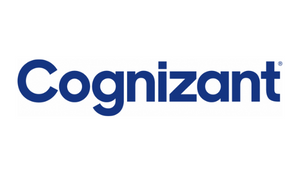

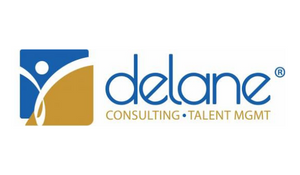







Have you told your employees that they have the “right” or the “authority” to stop work when they see something unsafe?
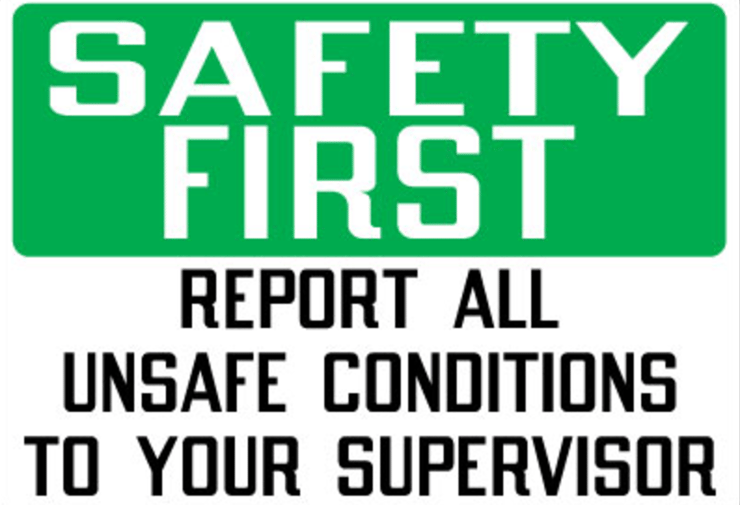
Have you told employees that they shouldn’t fear reprisal if they report unsafe conditions or acts? If so, you need to rethink what you’ve told them. You may not be sending the right message.
In the past I’ve written about the need to treat safety as an “expectation” rather than a “goal” or “priority”, and the implications that change in mindset has for how we lead, communicate, and incentivize our teams. In summary, if we truly want to create a workplace free from injuries and incidents, we need to stop telling our teams that it is our goal that they don’t get injured. Instead, we need to tell them that it is our “expectation” that they don’t get hurt.
Similarly, leaders should take a close look at how they talk about an employee’s “right” to stop or report an unsafe act. When we tell employees they have the “right” to stop work, we are telling them that if they see something they don’t think is safe, it’s “ok” for them to stop work. The implication is that they won’t get in trouble if they stop work.
But what if they see something they think might be unsafe and choose not to report it? When we tell people they have the “right” to stop something unsafe, we aren’t telling them that they have an “obligation” to report something unsafe. But isn’t that what we should be telling them? Shouldn’t we be telling them that if they have any information that they even think might indicate something is unsafe they have an obligation to say something?

This subtle difference in organizational culture and language is one of the factors that enables high-reliability organizations (HROs) to achieve extraordinary levels of safety and reliability despite operating in complex, high-risk environments. In HROs, employees are expected to demonstrate a questioning attitude and to back each other up. They have an obligation to report things that may be unsafe. They don’t fear reprisal for reporting unsafe actions. Rather, they fear that if they don’t report something unsafe they will be held accountable.
Creating this kind of culture requires very nuanced changes in leadership behavior. Allow me to illustrate with an example from my time serving as an officer aboard a U.S. Navy submarine.
On a fast-attack submarine the Commanding Officer’s (CO) stateroom is right next to the control room, where the Officer of the Deck (OOD) and his team navigate and drive the boat. The CO’s stateroom is wired for sound and has numerous screens that display information from sonar, fire control, and navigation so he can monitor everything going on in control. Very late one night we were conducting periscope operations when the OOD gave an order to the Helmsman to change course. The CO immediately stormed out of his stateroom and asked one of the Sonar Techs if he agreed with the order the OOD had just given. The Sonar Tech, one of the most junior sailors in the control room at the time, was astonished. After a brief pause he replied that he did not. The CO told him quite sternly that it was his obligation to back-up the OOD, and then he promptly returned to his stateroom.
It turned out that the Sonar Tech’s information panel indicated that the course the OOD ordered was heading directly towards another ship. Now, there were several other people in the control room that were senior to the Sonar Tech that should have known this, including me (I was on the periscope) and the OOD. The CO could have come out and stopped us and asked why we weren’t paying attention to what was going on. But instead, he went straight to one of the most junior sailor’s and confronted him. Why? Because he was teaching that junior sailor that if he had information that something might be unsafe, he had an obligation to report it. I assure you, that Sonar Tech was no longer afraid that he would get in trouble for challenging a senior officer’s order. Instead, he was afraid he would get in trouble if he didn’t.
Creating a culture where reporting unsafe conditions is an “obligation” rather than a “right” is critical to truly achieving a workplace free from incidents. Using the right language to communicate that obligation results in subtle, but very powerful changes in employee perceptions and behaviors.
View our schedule of industry leading free to attend virtual conferences. Each a premier gathering of industry thought leaders and experts sharing key solutions to current challenges.
View Schedule of Events-------------------------------------------------------
Search for anything
Insights from the most progressive thought leaders delivered to your inbox.
Insights from the world's foremost thought leaders delivered to your inbox.
Being a hero is all about creating value for others. Please invite up to 5 people in your network to attend this premier virtual conference, and they will receive an invitation to attend.
If it’s easier for you, please enter your email address below, and click the button, and we will send you the invitation email that you can forward to relevant people in your network.
View our schedule of industry leading free to attend virtual conferences. Each a premier gathering of industry thought leaders and experts sharing key solutions to current challenges.
View Schedule of EventsWatch On-Demand Recording - Access all sessions from progressive thought leaders free of charge from our industry leading virtual conferences.
Watch On-Demand Recordings For FreeDelivered by the industry's most progressive thought leaders from the world's top brands. Start learning today!
View All Courses NowThe premier Business Transformation & Operational Excellence Conference. Watch sessions on-demand for free. Use code: BFH1120
Watch On-DemandInsights from the most progressive thought leaders delivered to your inbox.
Insights from the world's foremost thought leaders delivered to your inbox.
Being a hero is all about creating value for others. Please invite up to 5 people in your network to also access our newsletter. They will receive an invitation and an option to subscribe.
If it’s easier for you, please enter your email address below, and click the button, and we will send you the invitation email that you can forward to relevant people in your network.
Courtesy of Nintex Pty's Paul Hsu, below is a transcript of his speaking session on 'Improve employee productivity during and post-COVID by ...
Read this article about HP, Best Achievement in Operational Excellence to deliver Digital Transformation, selected by the independent judging panel, ...
Read this article about BMO Financial Group, one of our finalists, in the category Best Achievement in Operational Excellence to deliver Digital ...
Read this article about Cisco, one of our finalists, in the category Best Achievement of Operational Excellence in Internet, Education, Media & ...


